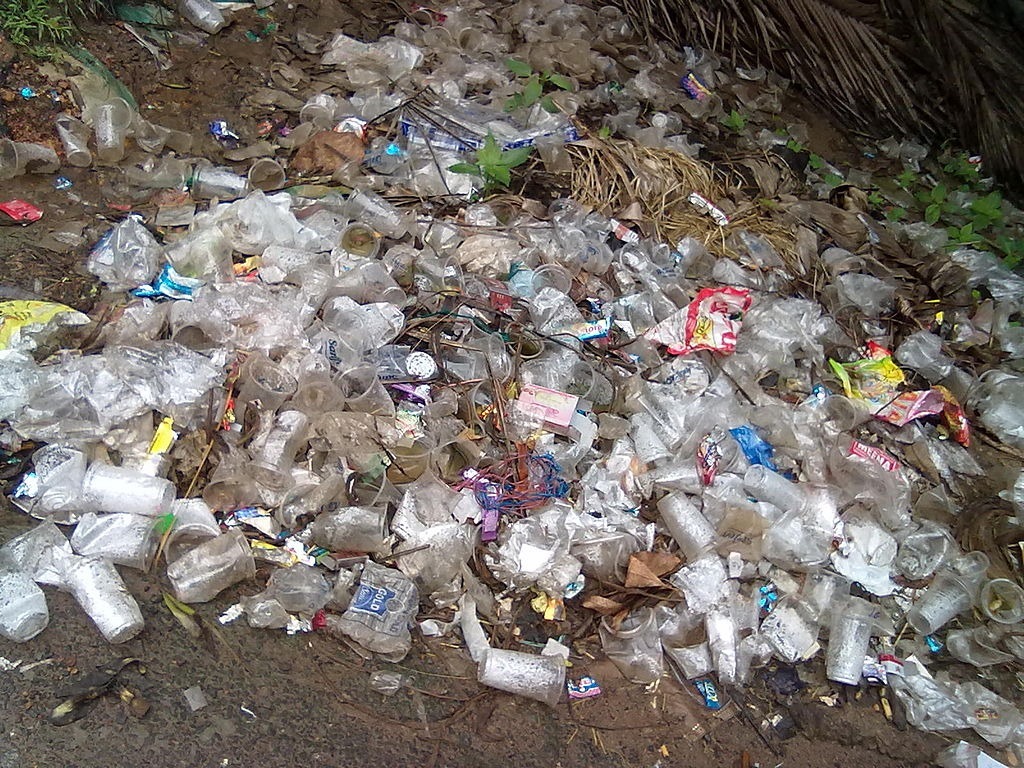
By 2050 there could be more plastic in the ocean than fish by weight. Plastics are complex polymers made up of long repeating chains of molecules that don’t dissolve in water, meaning plastic waste takes hundreds of years to decompose.
Around one sixth of annual plastic production is from polyethylene terephthalate (PET), the plastic used to make drinks bottles. The fraction of PET products that is actually recycled produces output that is only of good enough quality to be reused in products such as carpets or clothing. So the market for virgin PET, made from cheap oil, remains high.
However, in recent years, scientists have identified a number of novel species of bacteria and fungi that have the ability to break down PET and use it as a source of energy. These discoveries represent new hope in the battle against PET waste. Plastics could be properly broken down in to their smaller chemical units, and then harvested to form new plastics in a true closed-loop system.
In September, a further development was reported: scientists from Portsmouth and four labs in the US had been working with one of these plastic-munching bacteria, discovered at a Japanese landfill site in 2016. Earlier research had shown that a two-pronged attack by two specially evolved enzymes was the key to the bug’s plastic-degrading adaptation.This latest research essentially consisted of sticking together the two special plastic-munching enzymes into a much larger molecule than the bacteria could have naturally produced themselves.
With this “super-enzyme” came the ability to degrade PET six times faster than previous reports: doing so in hours rather than days. It also works at room temperature, while other enzymes with comparable reaction speeds rely on higher temperatures.
Some campaigners have urged caution, saying that the real route out of the plastic crisis has to be reduction in use. But remedial strategies are needed to deal with the existing crisis. The super-enzyme could be ready for industrial deployment in one to two years and looks like it could play a key role.
This piece is a preview from the Witness section of New Humanist winter 2020. Subscribe today.

